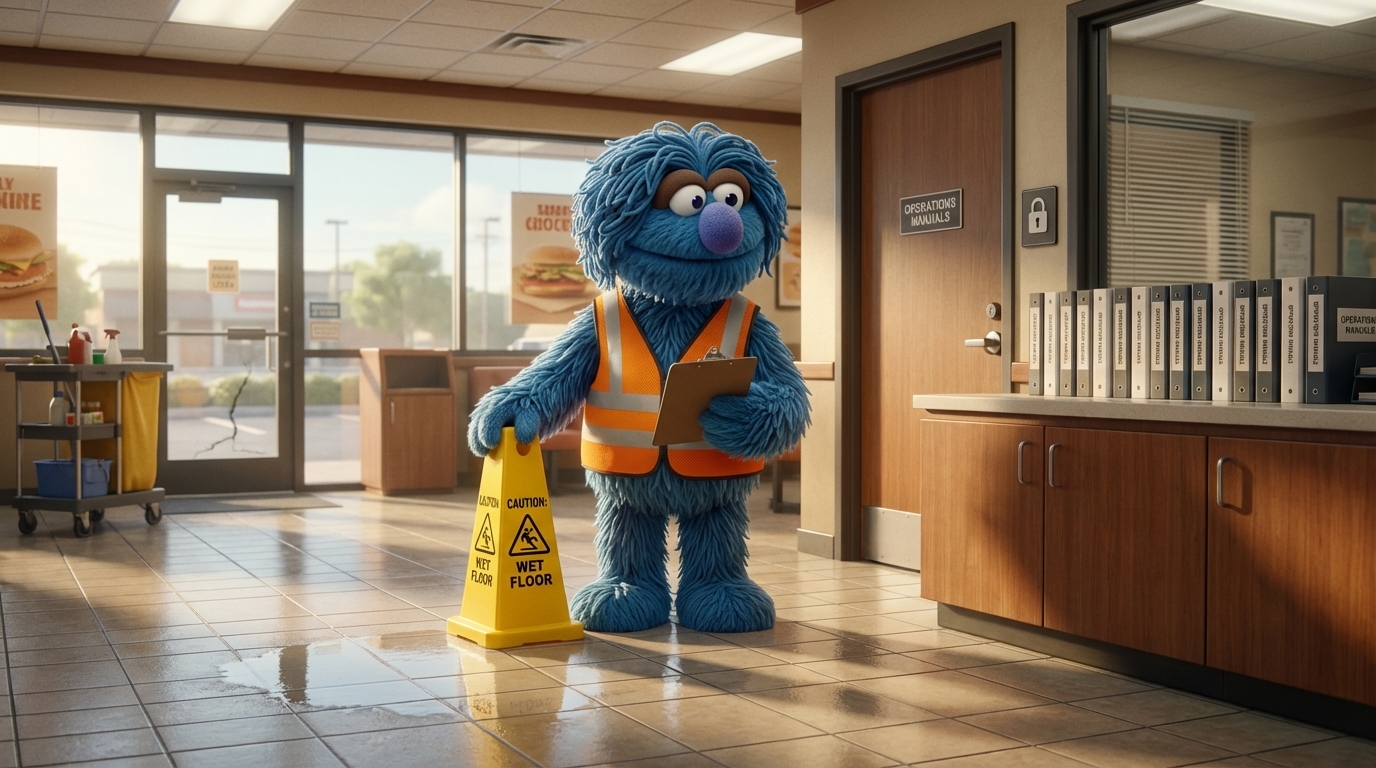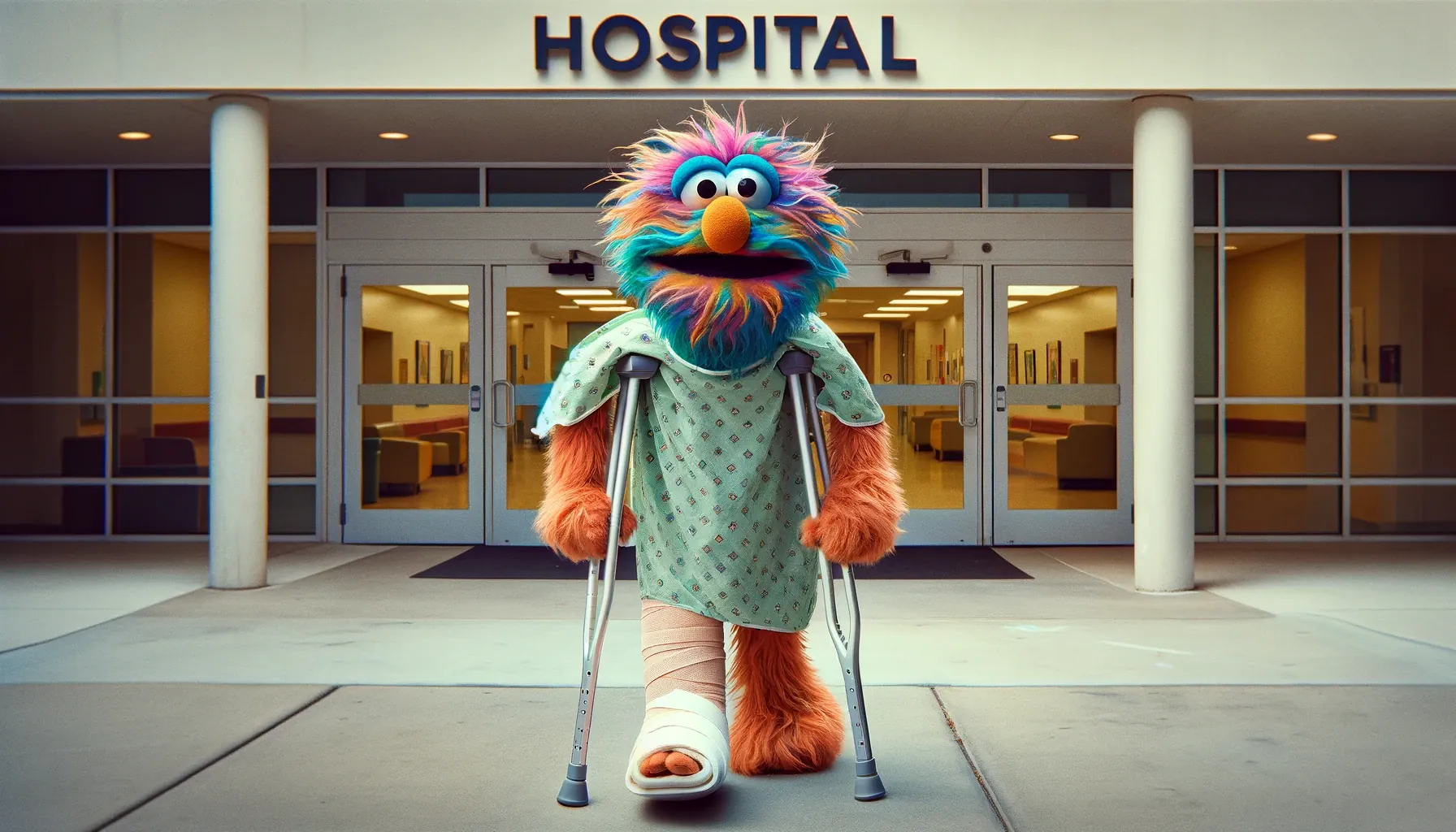Rule 9(j): The Gatekeeper of Medical Malpractice Cases in North Carolina
Picture this: You’re lying on an operating table in Winston-Salem, counting backward from 10 as the anesthesia kicks in. You wake up hours later, groggy and in pain, only to find out that the surgeon operated on the wrong body part. Oops! Now you’re facing a mountain of medical bills, lost wages, and a whole lot of “what ifs.” You might be thinking, “Time to sue!” But hold your horses, partner. Before you can gallop into the courthouse waving your lawsuit, you need to know about a little thing called Rule 9(j) of the North Carolina Rules of Civil Procedure and how it affects medical malpractice cases in North Carolina.
What is Rule 9(j)?
Rule 9(j) is like the bouncer at an exclusive club, but instead of checking IDs, it’s checking your medical malpractice lawsuit to make sure it’s got the right credentials to get through the door. In plain English, it requires that before you file a medical malpractice lawsuit in North Carolina, you need to have a qualified expert review your case and essentially say, “Yep, this looks like malpractice to me.”
Why does this rule exist? The North Carolina legislature wanted to weed out frivolous medical malpractice lawsuits and ensure that only cases with merit make it to court. It’s like a quality control checkpoint for lawsuits.
The Nuts and Bolts of Rule 9(j)
So, what exactly does Rule 9(j) require? Let’s break it down:
- Expert Review: Before you can file your lawsuit, you need to have a qualified medical expert review your case. This isn’t just any Joe Schmoe with a medical degree. We’re talking about someone who’s actively practicing or teaching in the same specialty as the doctor you’re suing.
- Timing is Everything: This expert review needs to happen before you file your lawsuit. It’s not something you can do after the fact.
- Put It in Writing: Your complaint (that’s lawyer-speak for the document that starts your lawsuit) needs to specifically state that this expert review happened and that the expert is willing to testify that your healthcare provider didn’t meet the standard of care.
The Impact on Your Case
Now, you might be thinking, “That sounds like a lot of hoops to jump through just to file a lawsuit.” And you’re not wrong. Rule 9(j) can be a real pain in the neck for folks trying to seek justice for medical malpractice. They make medical malpractice cases far more expensive to bring, because the Plaintiff has to spend thousands of dollars on experts before the lawsuit is ever filed.
Navigating Rule 9(j): Don’t Go It Alone
If you’re considering a medical malpractice lawsuit in North Carolina, whether you’re in bustling Charlotte or rural Caswell County, Rule 9(j) is going to be part of your journey. And let me tell you, trying to navigate Rule 9(j) on your own is about as wise as trying to perform your own appendectomy.
That’s where having an experienced medical malpractice attorney in your corner comes in handy. They can help you find a qualified expert, ensure your complaint meets all the requirements, and guide you through the whole process.
Wrapping It Up
At the end of the day, Rule 9(j) is just another hurdle in the obstacle course of seeking justice for medical malpractice in North Carolina.
Remember, if you’ve been injured due to medical malpractice, time is of the essence. The statute of limitations waits for no one, and complying with Rule 9(j) takes time. So don’t wait around – reach out to an experienced medical malpractice attorney who can help you navigate these tricky waters. Your right to justice (and compensation) may depend on it.
Is there something we can help you with?
Fill out this form and we’ll reach out quickly to learn more about your situation. We’ll never pressure you. We’re just here to help you understand your rights. Keep in mind, we aren't your lawyers yet—so don't tell us anything that you would not want the other side to know!
The Hidden Financial Costs of a Serious Injury in North Carolina: What Your Personal Injury Claim Can Cover

Injured at a Chain Restaurant in North Carolina? Who’s Liable—Franchisee, Franchisor, or Both?

How Digital Evidence Can Make or Break Your North Carolina Personal Injury Case

Wrongful Death vs. Survival Actions in North Carolina: A Clear Guide for Grieving Families

Injured with a Preexisting Condition? How North Carolina’s Eggshell Plaintiff Rule Protects Your Personal Injury Claim

Health Insurance Liens Simplified

What to Do If You Think Your Doctor Has Made a Mistake

What Does it Mean to Hire a Lawyer On a Contingency Fee?

How to Choose the Right Personal Injury Lawyer: A North Carolinian’s Guide

Rule 9(j): The Gatekeeper of Medical Malpractice Cases in North Carolina

